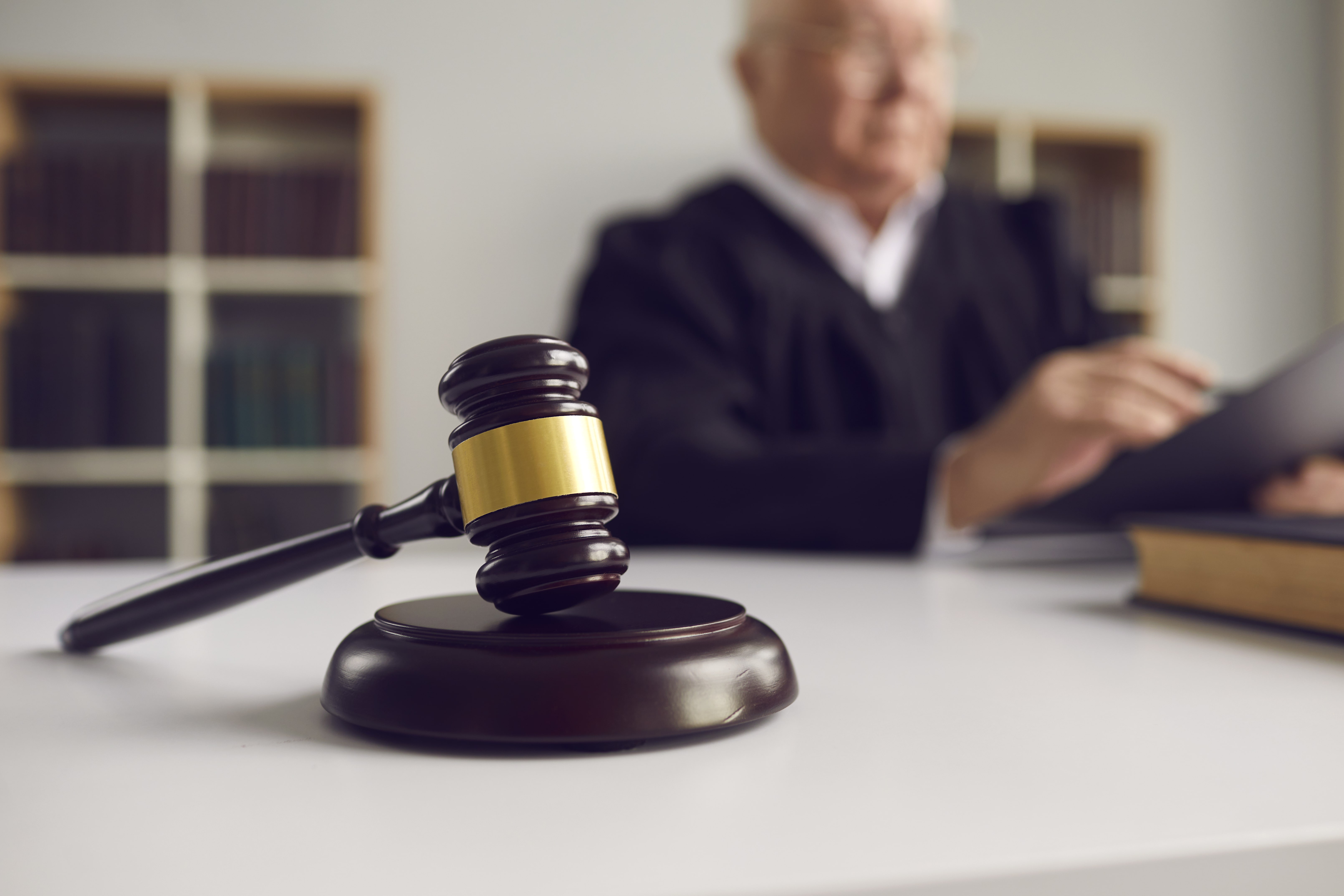There is much that happens early in your case, well in advance of trial. In the beginning, you must learn of your legal rights and enter a plea (as you do in the initial appearance), and the basis for the case against you must be established. There is a screening process to weed out weak cases because forcing you to trial on a vague and unestablished case is inconsistent with your legal rights.

The Prosecution Must Show Probable Cause to Support the Charges Against You
At some point early in the case, the prosecution will need to show the judge that there is enough substance to the charges against you for the case to proceed. Having to defend against charges is stressful and difficult, and the legal system wants to ensure that the case against you passes some degree of muster. In a sense, the need for a preliminary hearing is one of the ways that the legal system tries to be fair to defendants.
The prosecutor must show that there is probable cause to support the charges. Probable cause is defined as a reasonable belief that a crime may have been committed. The probable cause standard is lower than the “beyond a reasonable doubt standard” that the prosecutor must meet to win a conviction.
The Prosecution Must Show Enough of Their Evidence to Demonstrate Probable Cause
A preliminary hearing is akin to a mini-trial, albeit with a lower standard of proof than the actual trial itself. It is held in a felony case not long after the initial appearance. Wisconsin law requires a preliminary hearing within 20 days after the initial appearance.
At the preliminary hearing, the prosecutor will need to do the bulk of the work to support the charges. They will need to present evidence that will allow the case to continue. The evidence can take the form of:
- Questioning witnesses who may have knowledge of the alleged crime.
- Presenting documentary or physical evidence that will support the charges against you.
Most often, the prosecutor will call a qualified law enforcement officer to serve as the witness at the preliminary hearing. It may or may not be the officer who arrested you in the first place. They may call other witnesses as they see fit. Once the prosecutor is done questioning their own witness, your attorney will have the right to cross-examine the witness. Your attorney may learn which witnesses are weak and may not hold up under questioning at trial.
Your Attorney Has a Role to Play in the Preliminary Hearing
Your attorney can also call witnesses if it suits your defense. Your witnesses can try to establish that the prosecution cannot prove that there is probable cause for all elements of the alleged crime or that you have an alibi.
At this point, your lawyer can also begin to attack some of the physical evidence being used against you. Even if the evidence is not thrown out at this point (the time for getting evidence tossed happens later in the case), your lawyer’s efforts can form the basis of a future motion to suppress the evidence.
The preliminary hearing will not take a long time. Most will take an hour or two. Some preliminary hearings may be done in minutes. However, do not mistake a short hearing as unimportant. While the prosecutor will most often emerge from the preliminary hearing with most of their case intact, this part of the process is still an early milestone in your case.
Although you may have the option to waive the preliminary hearing, you should rarely do so. In addition, you should have an attorney in time to prepare for the preliminary hearing because it can be a strong start to your legal defense in your case.
A Preliminary Hearing Can Help the Defense
Your defense attorney may approach the preliminary hearing with several goals. Even if you cannot get the case dismissed or the charges narrowed, you can set yourself up for a vigorous legal defense. Not only can you begin to sow doubt about the case against you, but how you handle the preliminary hearing may give you leverage in subsequent plea bargain negotiations. If the prosecutor sees that there is no certainty of a conviction and that they will have to devote significant time and resources to your case, you may be negotiating from a position of strength.
The preliminary hearing is also a way for you to see and hear some of the evidence that the prosecution is planning on using against you at trial. In that way, it can give you a sense of the strength of the prosecution’s case. The preliminary hearing can also help you begin to prepare your own defense, knowing what the state may use against you at trial.
At the conclusion of the preliminary hearing, the judge will rule about whether the trial can go forward. The judge may allow some charges to proceed while dismissing others for lack of evidence. It is rare that defendants can get the entire case dismissed at the preliminary hearing, but you should still come with an attorney and fight the charges against you. Not only may you begin to form an impression on the judge that the charges may not be as strong, but the prosecutor also knows that you fully intend to fight hard for your own legal rights.
Contact an Appleton Criminal Defense Attorney Today
You are always better off when you call a defense attorney early in the process so that they can prepare for things such as a preliminary hearing. The attorneys at Hogan Eickhoff are available to you at all times after you have been arrested. We can get right to work to help prepare your defense. To speak with an attorney, contact us online or call us today at (920) 450-9800. We offer free consultations to prospective clients.
